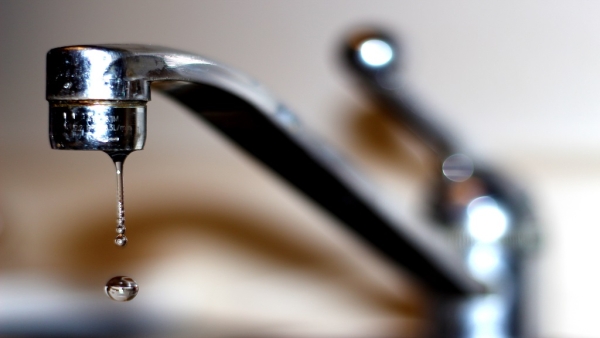Prime Minister Andrew Holness gave the warning on Friday while insisting that his administration is taking its responsibility seriously in addressing the current drought locally.
"I am appealing to all Jamaicans to be conservative in the use of water," urged Holness during his remarks at a press conference called to discuss the current meteorological drought.
"We are not yet at the point where we would declare certain orders in terms of the usage of water, but we could get there," Holness warned.
"Before we get there, I would urge consumers to, for example, reduce the number of times you wash your car, reduce the amount of water you use in watering your lawns, (and) make sure if you're not using the tap, you turn it off," he instructed.
The prime minister also urged citizens to check their homes for leaks and collecting rain water, if rain does fall in the coming weeks.
He added that the installation of water taps and toilets that are "water efficient" also forms part of the "things Jamaicans can do to be responsive and smart about our climate."
Meanwhile, Holness defended his Government's response to the ongoing drought, noting that it has been putting in an entire new water system for the Corporate Area.
Last year, the Government signed a contract to construct new water treatment plant in Content, St Catherine, to better meet the demand for water in the Kingston Metropolitan Area (KMA), Portmore and Spanish Town.
The plant, which is expected to be the second largest in Jamaica, will be able to transfer 15 million gallons of water to benefit approximately 150,000 customers.
"We have (also) invested heavily in our non-revenue water reduction, meaning that the NWC (National Water Commission) now has less leaks than before, and is, therefore, more able to recover more funds from the water it produces," Holness said on Friday.
In addition to the initial $50 million allocated for the trucking of water, Holness announced an additional $100 million that will be will be channelled through the Ministry of Economic Growth and Job Creation and the Ministry of Local Government and Rural Development, and filtering through the various municipal authorities.
The Agriculture and Fisheries Ministry will also benefit.
The prime minister said eight new water trucks had been acquired for the NWC by the Government, and more trucks are to be purchased shortly.
"We're going to continue to increase our capacity with trucking and the replenishment of the capacity of our rapid response for water," he assured.
In responding to a question posed on the seemingly small number of water trucks, Holness admitted that they were not enough.
"Eight trucks are insufficient, but eight is a much larger number than zero," he quipped.
"So, we have made the investment, and think of it this way, no Government will keep the reserve of trucks to deliver water," he added.
Instead, the prime minister said "the delivery of water should really be a private sector initiative, (and) what the Government keeps is the reserve of cash to pay for it (the delivery of water)."
Continuing, he said: "We keep the reserve of trucks when we need to ensure that hospitals must get water, the police stations and lockups must get water, the schools must get water, and a distant, very remote community, where private truckers may not want to go.
"So, the reserve of trucks are strategic," stated Holness.
He reiterated that the eight trucks are insufficient to give the NWC and the municipal authorities "a strategic reach" relative to trucking water.
"In total, we have 21 trucks and we're getting eight more," Holness assured.






